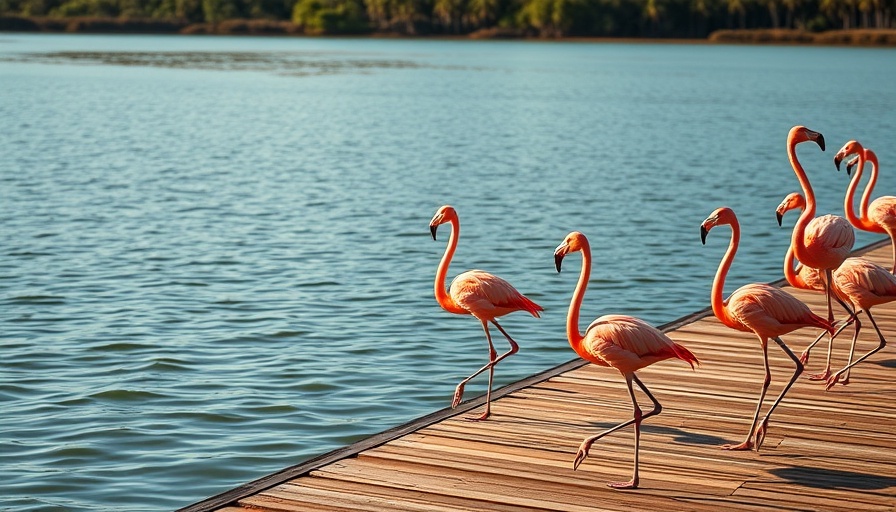
Ramsar Convention: A Global Gathering in Southern Africa
The upcoming 15th meeting of the Conference of Contracting Parties to the Ramsar Convention on Wetlands will take place in the stunning backdrop of Victoria Falls, Zimbabwe, from July 23 to 31, 2025. This convention, a pivotal platform for international deliberation on wetland ecosystems, will see representatives from 172 countries convene to foster crucial resolutions aimed at the preservation of these vital and delicate ecosystems.
The Vital Role of Wetlands
Wetlands, often described as biodiversity hotspots, play a multifaceted role in both environmental stability and human welfare. These ecosystems service a wide array of needs, from reducing flood risks and providing water for livestock to offering habitats for vibrant wildlife and aesthetic pleasure for birdwatching enthusiasts. Furthermore, wetlands are integral to climate regulation, thereby amplifying their importance in light of escalating climate change threats.
Addressing Global Challenges
Despite their significance, wetlands worldwide face enormous pressures from climate change, unsustainable development, and water resource management practices. The previous Ramsar conference resulted in the Wuhan Declaration, which highlights principles for integrating wetland ecosystems within broader environmental frameworks. Furthermore, it calls for urgent measures to curb the alarming loss of these ecosystems globally.
The Economic Upside: A Win for Tourism and Conservation
Restoring function to degraded wetlands offers rich ecological, economic, and social dividends. Kenneth //Uiseb, a representative from Namibia’s Ministry of Environment, Forestry and Tourism, pointed out that revitalizing these ecosystems not only provides clean water to communities but also creates engaging habitats that can become appealing tourist destinations. Businesses, particularly in southern Africa, can benefit significantly from eco-tourism initiatives linked to wetland conservation.
Progress in Southern Africa: A Commitment to Ramsar
Countries such as Namibia exemplify commitment to wetland conservation, having joined the Ramsar Convention in 1995. To date, Namibia has listed five wetlands of international importance: the Orange River Mouth, Sandwich Harbour, Etosha Pan, Walvis Bay Lagoon, and Bwabwata-Lower Okavango Area. These designated areas not only protect unique biodiversity but potentially serve as frameworks for sustainable tourism and local economic growth.
The Future of Wetland Conservation
As the Ramsar Convention approaches, stakeholders are urged to reflect critically on solutions that can integrate with existing economic frameworks while enhancing environmental practices. What steps can businesses take to align their goals with ecological stewardship? Could eco-innovation potentially guide new pathways towards sustainable development? The consequences of inaction are steep, and these upcoming discussions in Zimbabwe will be crucial in shaping the future of wetlands worldwide.
 Add Row
Add Row  Add
Add 




Write A Comment